Jesus Defeated Pain
In my book Jesus, a Dor e a origem de Sua Autoridade – O Poder do Cristo em nós [Jesus, the Pain, and the Origin of His Authority — The Power of Christ Within Us], I present a thorough dissertation on Pain and, based on Christ’s extraordinary example, the ability to overcome it; thus, not for it to defeat us with discouragement, but aiming for victory, since I have enabled you to learn even from torment and use it as a lever to bolster your courage.
I take this opportunity to highlight here today the following excerpts:
Through Pain, Christ also attained His Divine Authority, and He did not avoid His misfortune, neither was He defeated by it in the Supreme Sacrifice of torture and crucifixion:
“Father, all things are possible for You. Remove this cup from me. Yet not what I will, but what You will.” (The Gospel according to Mark 14:36)

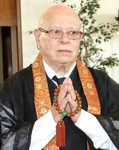
Ricardo Mário Gonçalves
With regard to Christ denying Himself and surrendering to the Will of the Heavenly Father, Dr. Ricardo Mário Gonçalves—a professor of Social History at the University of São Paulo (USP) and a Buddhist missionary from the True Pure Land School, a Japanese order founded in the 13th century by master Shinran (1173-1263)—stated, in an interview with the Super Good Will Communications Network (radio, TV, and websites):
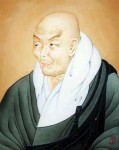
master Shinran
“For Buddhism, the main experience of human beings is one of emptying the ego, of stripping it away. We have a writing of the Apostle Paul with this concept. It is the Epistle to the Philippians 2:6–8. Speaking of Jesus, the Apostle Paul says: ‘Who, being in very nature God, did not consider equality with God something to be used to His own advantage; rather He made Himself nothing by taking the very nature of a servant, being made in human likeness. And being found in appearance as a man, He humbled Himself by becoming obedient to death—even death on a cross!” The central term of this passage is emptying. In the Greek text we find the word ekenosen, which comes from the verb kenou, which means emptying, stripping away. So, with this notion we find a common ground shared by Christianity and Buddhism. I would say that in this text the Apostle Paul presents Jesus as a model of ‘stripping away’ that we must follow.” [Emphasis added]
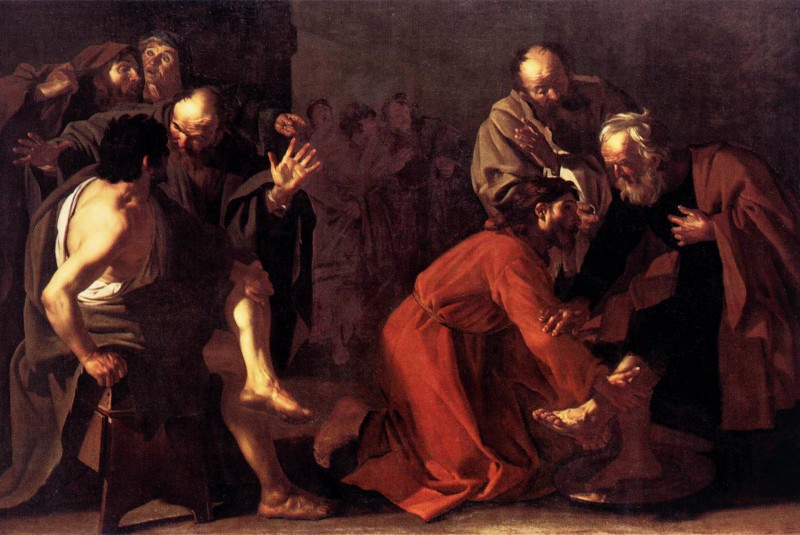
The Heavenly Educator has given a basic teaching that exemplified His condition of being One with God:
“Instead the greatest among you should be like the youngest, and the one who rules like the one who serves.” (The Gospel according to Luke 22:26)
This is the Politics of God, exercised by the Authority of the Master Jesus: the true politician is the one who serves others and does not serve himself/herself. How many examples are there in the world today?
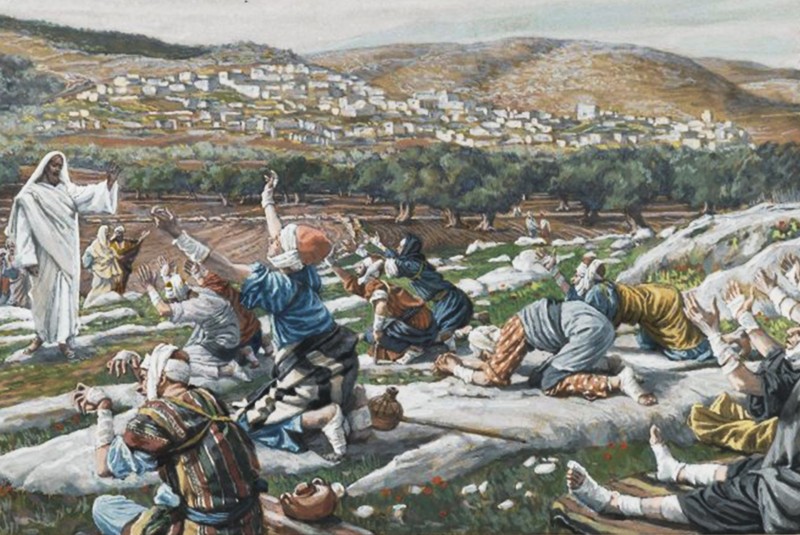
As we could see, Jesus deprived Himself of His own will in favour of His fellow beings, but He did not stop preaching the Doctrine He brought from the Heavenly Father:
“But when you enter a town and are not welcomed, go into its streets and say, ‘Even the dust of your town we wipe from our feet as a warning to you. Yet be sure of this: The Kingdom of God has come near.’” Jesus (Luke 10:10–11)
Do you understand?
In my book A Missão dos Setenta e o Lobo Invisível [The Mission of the Seventy and the Invisible Wolf], I stress that, even though the Word of Jesus was not welcomed in the “town”, in no way we should stop proclaiming what we have come to do through the Will of the Creator.
Jesus persisted beyond the “end,” because He rose from the dead and guaranteed:
“By your endurance you will save your Souls.” (The Gospel according to Luke 21:19)
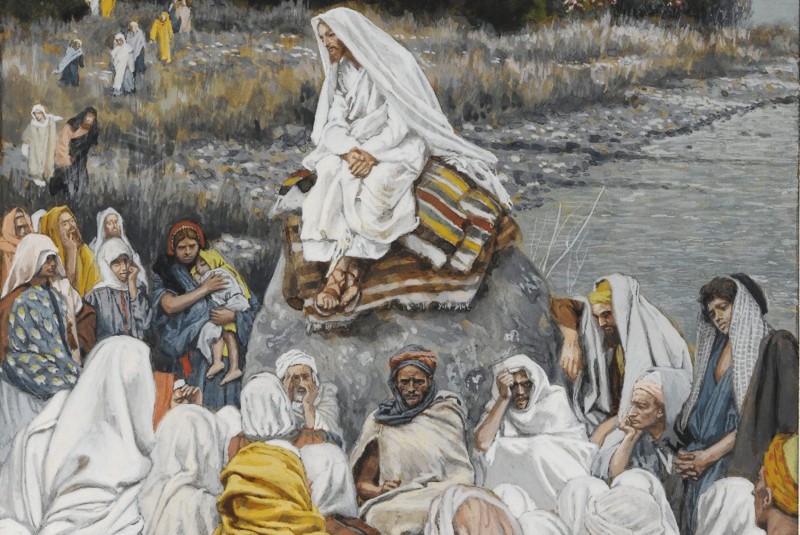
Given this powerful example of dedication to others, God’s missionary needs to understand Pain as an instrument of victory before Heaven in order to possess the Power to reform the Earth. After all, when the good worker is integrated with God, he/she receives, by personal merit, the enlightenment of Christ’s Authority for transforming terrestrial beings and Spiritual Beings.
“For we are the Temple of the Living God. As God has said: ‘I will live with them and walk among them, and I will be their God, and they will be my people.’” (Second Epistle of Paul to the Corinthians 6:16)

The comments do not represent the views of this site and are the sole responsibility of their authors. It denied the inclusion of inappropriate materials that violate the moral, good customs, and/or the rights of others. Learn more at Frequently asked questions.